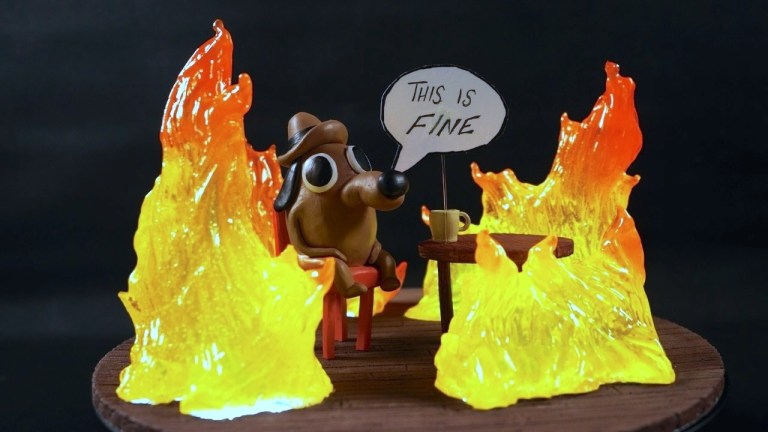The Infinite Universe May Be Paradoxically Finite
The incredibly astute animated series Kurzgesagt posited a question regarding the infinite universe, noting that there is so much matter that is completely out of our observable realm that the infinite universe might actually be considered finite.
Today we know that the universe had a beginning 14 billion years ago and that it’s been expanding ever since. … Information can’t travel faster than light. That means that we can only see parts of the universe whose light has had time to reach us in the last 14 billion years. When we look outwards, what we see is a sphere centered on us, the observable universe. …
A finite universe would mean that there is an edge—an end to this massive, massive thing. While they admit that this is difficult to gauge, there is an edge of sorts, that helps explain the finite argument.
So the observable universe is a sphere with a radius of 45 billion light years. It contains around 200 billion galaxies, each with hundreds of billions of stars. So for us, there is an edge: We are looking at the past until there is just no past left. This edge is really more like an edge in time and in a sense meaningless. The real universe is for sure bigger than what we can see. But how much? There are two options – either the universe is really big but finite, or it’s truly infinite.

It would seem like a simple question, but perhaps the actual concept of an infinite universe is a paradox unto itself.
But wait – since the Big Bang the universe has been expanding. How can an infinite thing that is everywhere become even bigger? Cosmic expansion just means that the distance between galaxies is growing with time. Even an infinite space can become bigger. Welcome to the paradoxes of infinity. Infinity gets much weirder though.






